Welcome
I started this blog in 2013 to share my reflections on reading, writing and psychology, along with my journey to become a published novelist. I soon graduated to about twenty book reviews a month and a weekly 99-word story. Ten years later, I've transferred my writing / publication updates to my new website but will continue here with occasional reviews and flash fiction pieces, and maybe the odd personal post.
|
We can choose our friends but not our neighbours, unless we happen to own a plot of land with cottages to rent or offer free to selected guests. In which case we should choose carefully: in a crisis, out in the countryside, we might have to rely on our neighbours more than we’d expect. But as renters and guests we might not have a say in the matter, as these two novels highlight. The first is about a woman unsettled by the folk beliefs of her neighbours in rural Scotland; the second about a temporarily covid-free community in upstate New York.
3 Comments
I’m struck by the similarities between these two novels, despite being of different genres and set six centuries apart. Both are about men who take pride in their knowledge and intellect yet are blind to the biases that limit their understanding, particularly in relation to women and to physical health. The first is about a nuclear physicist dosing himself with radiation, the second about a young monk’s encounter with the Black Death.
Here we have two highly successful mid-twentieth century novels with hospital settings. The first is a comedy of manners only partly set on a medical ward for older women in a London hospital; the second is an exuberant but ultimately devastating portrayal of an Oregon State medical hospital. What’s it like to read/reread them during pandemic six decades after they first hit the shelves?
It was good to read these two American novels about Black gay men, especially during LGBT history month: the second set in 19th-century Mississippi and an unnamed part of Africa; the first set in contemporary Texas and Japan.
Two novels featuring sex and psychotherapy: can you guess which one I couldn’t finish? The other is both entertaining and educational, so put your feet up and read on.
I’ve recently read these two memoirs which celebrate the fortitude of the authors’ mothers, especially in later life. Both stories are precipitated by a death: in the case of Alison Jean Lester’s memoir, it’s her mother’s confrontation with terminal cancer; for Geoff Le Pard, it’s the revelation of a new side of his mother’s character on becoming a widow. Both are touching tributes, peppered with poetry and humour.
These two recent reads bring touches of humour to the serious extraordinariness of ordinary cohabiting relationships, and the impact on the couple of friendships and obsessions outside the partnership. The first features a thirty-something lesbian twosome in London (with one of the partners making frequent visits to Paris). The second focuses on a heterosexual marriage of some duration, the couple having moved to Bath on retirement.
Humour is a tricky business, especially around serious subjects. Get it right, and you can entertain while inciting rage at injustice. Get it wrong, and you risk becoming the target of rage. So what did I make of these two comic novels? The first set in Blitz-blasted London, the second in contemporary Atlanta, which draws you most and are you able to guess which I’d prefer?
Is there discrimination against women writers? (Is there even more discrimination against older women writers?) Probably but, there being even worse things to get hung up about right now, I’ll gloss over the fact that these two novels about under-appreciated female writers – one in 1960s Iceland, the other in 21st-century New York – come from fairly successful female authors. With a couple of caveats, either or both would make great lockdown reads.
Sometimes, the covers of books I’ve paired for review are so well matched, despite differences in genre, it appears I’ve put them together for aesthetic reasons. But, while I like to dress my blog attractively, it’s the content that counts. These two translated novels fictionalise real-life historical figures who were meticulous observers of the world around them. The first is still celebrated 500 years later; the second has been forgotten in the half-century since her death.
I wouldn’t have expected to read one short novel/novella featuring time travel, let alone two, both translations, published within a week of each other in the UK. But here they are: the first, a light comedy from a French author, in which time travel is central to the plot; the second, a dark but not bleak reflection on childhood, in which a metaphorical time travel brings redemption.
October’s final novel pairing involves migration, mothers and sons, and a couple of anthropoid cats. In the first, reckless spending pushes a mother and her co-dependent son to leave Manhattan for Paris along with the family cat; in the second, a woman is forced to flee Kosovo for Finland, where her son grows up distant from family and roots until he begins an affair with a talking cat.
Three translations came my way recently, each of which considers crime in a moral context. The two novellas are the work of now deceased European authors while the short novel comes from a contemporary writer. While one is a comedy and the others deadly (pun intended) serious, they collectively address the causes and consequences of the ultimate crime. In one, it begins as an accident and becomes an addiction; in another, it’s endemic in the destructive forces released through war; in the third, it’s the end result in a chain of selfish actions. While one ends in pessimism and another brings hope and redemption, in a third, the narrator gets what he wants in an unexpected way. I’m not saying which is which, but listing my reviews in the order I read them. I wonder which you would prefer.
3. Yet, much as I’m drawn to the dark side, I don’t want my reading to be totally bleak. There are ways of writing about trauma that allow for a sliver of light.
While these two points still hold for me as a reader, I’m not sure I can identify exactly where the balance lies for me between dark and light, either in relation to what I want from a novel or in how to find it. When we find ourselves unmoored, we might be extra motivated to seek to consolidate our roots. That’s the slim connection between these two novels in which a woman confronting terrible loss decides to research her family tree. Both involve a story of migration: Jane Ashland’s ancestors moved from Norway to the USA; Neha’s in The One Who Wrote Destiny came from Kenya (and before that India) to the UK. For another novel about tracing the members of an extended family, see Kintu.
I’m not always drawn to sequels, but Dr Jekyll and Miss Blaine both caught my eye because they promised to be fun. The first needs no introduction; the second is a time travelling crime novel about a woman who loathes The Prime of Miss Jean Brodie for giving her alma mater, the Marcia Blaine School for Girls, a bad name. Both feature mysterious deaths and, as an added bonus, the second namechecks Mr Hyde.
Some moral questions to end the year and see us into the next! Is it okay for some to go hungry while others feast? Is it okay that the accident of where we are born, and to whom, determines our life chances? Does it matter that, with modernity and the march of capitalism, the gap between the haves and have nots is widening? Neither this tragicomedy set in Edinburgh nor this scattershot novel set in India have the answers, but they can entertain us while making us reflect on the issues.
|
entertaining fiction about identity, mental health and social justice
Annecdotal is where real life brushes up against the fictional.
Annecdotist is the blogging persona of Anne Goodwin:
reader, writer, slug-slayer, tramper of moors, recovering psychologist, struggling soprano, author of three fiction books. LATEST POSTS HERE
I don't post to a schedule, but average around ten reviews a month (see here for an alphabetical list), some linked to a weekly flash fiction, plus posts on my WIPs and published books. Your comments are welcome any time any where. Get new posts direct to your inbox ...
or click here …
Popular posts
Categories/Tags
All
Archives
March 2024
BLOGGING COMMUNITIES
|
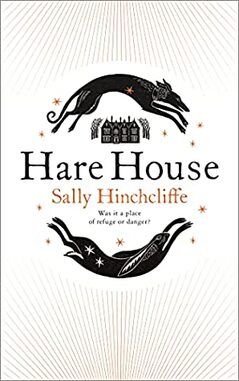
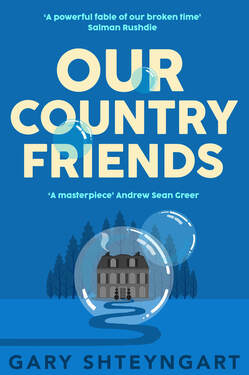
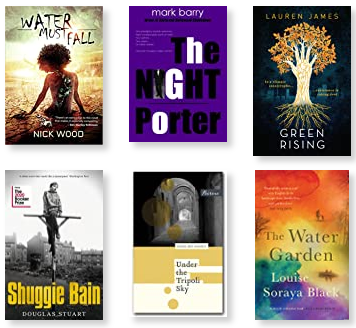
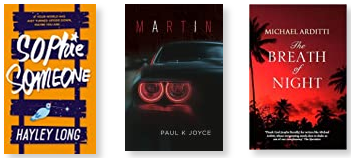
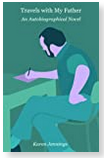
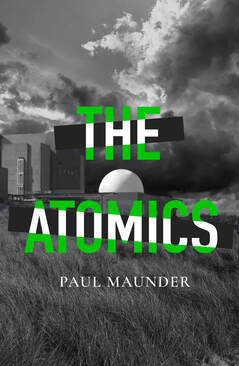
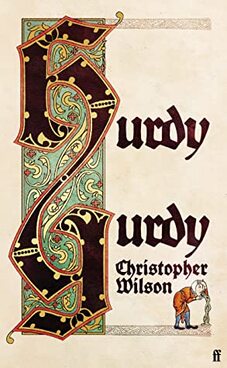
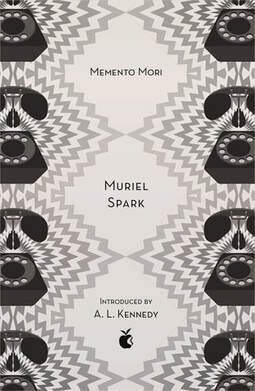
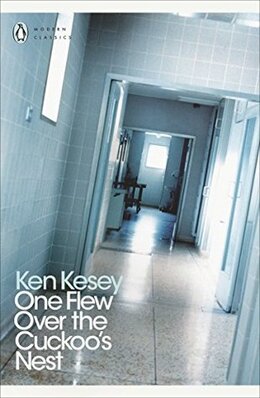
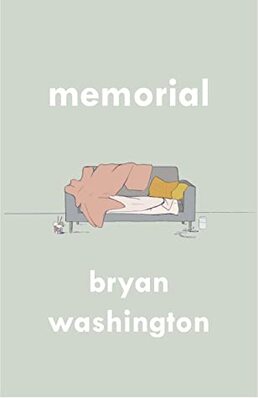
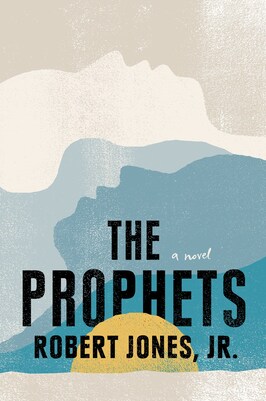
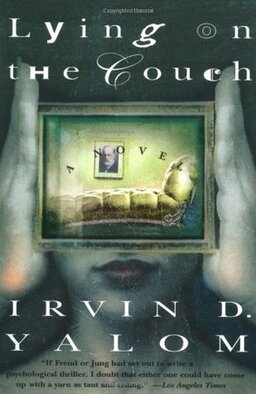
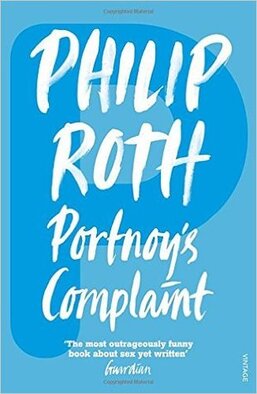
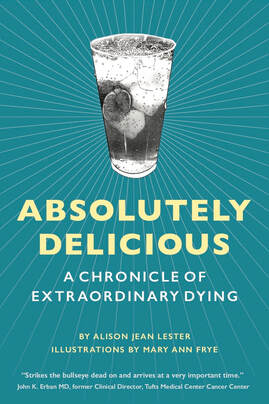
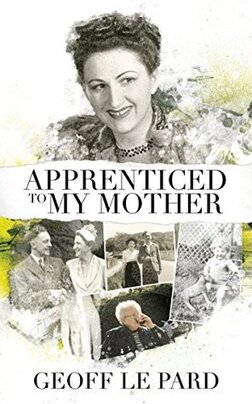
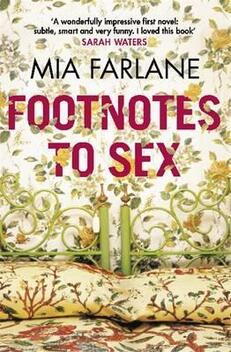
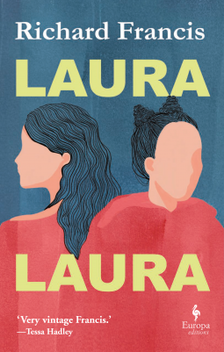
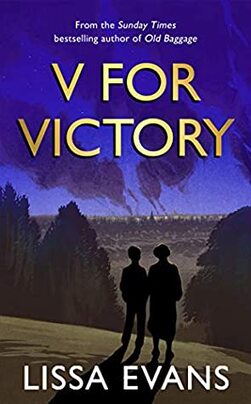
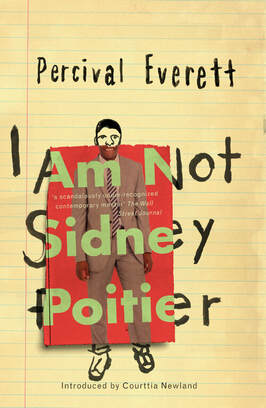
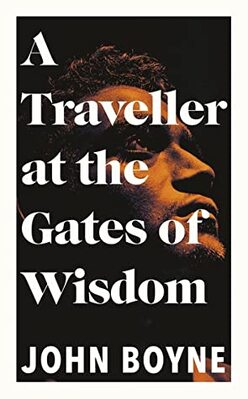

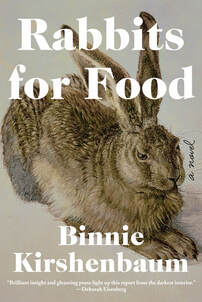
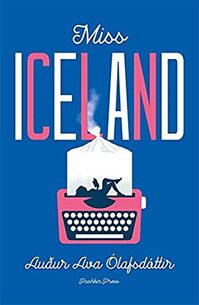
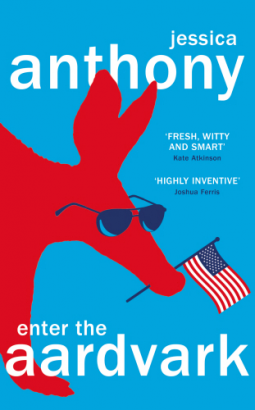
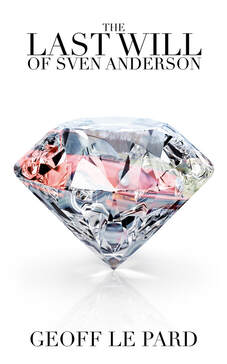
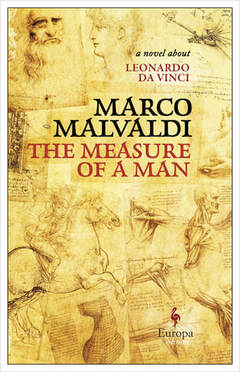
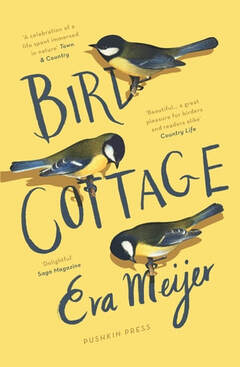
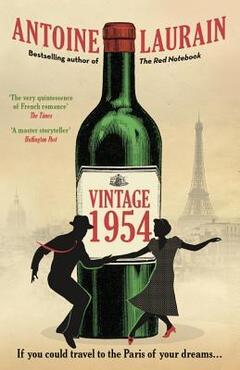
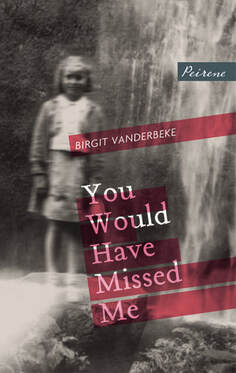


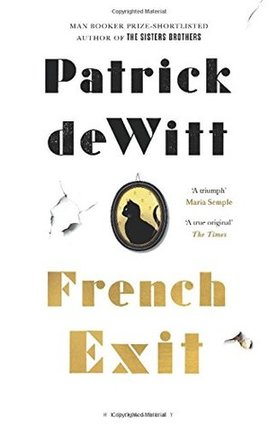
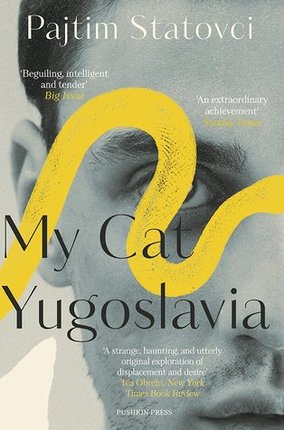

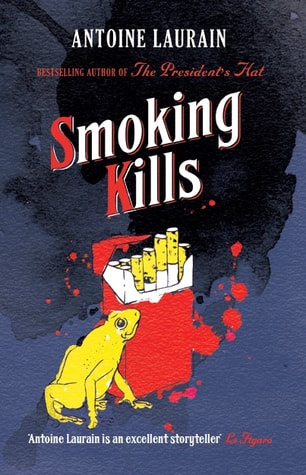
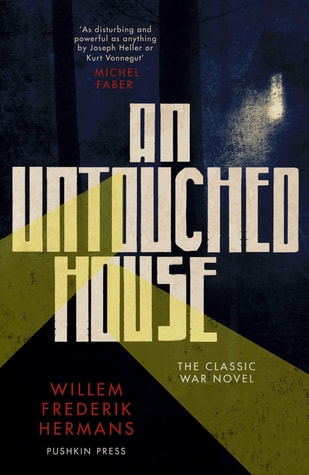
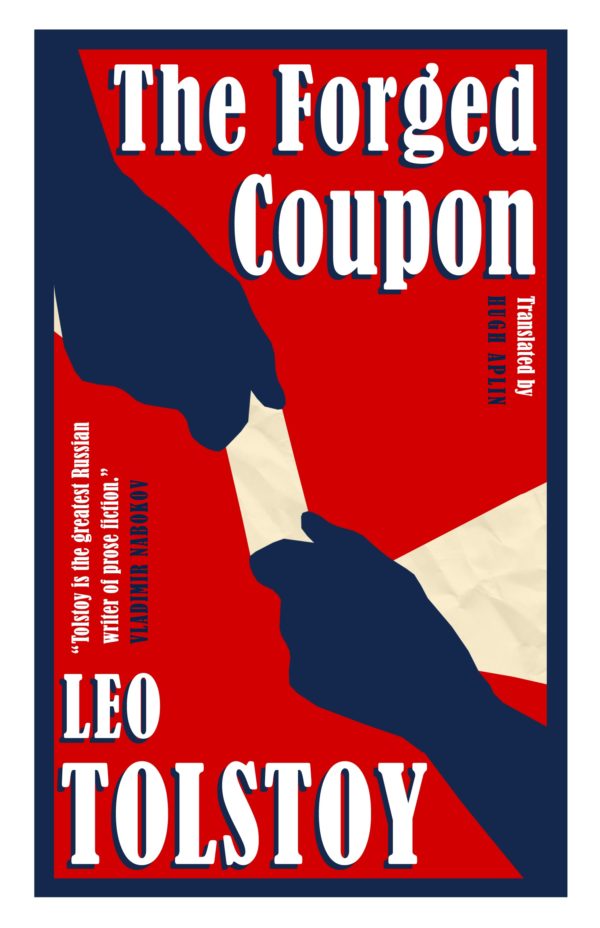
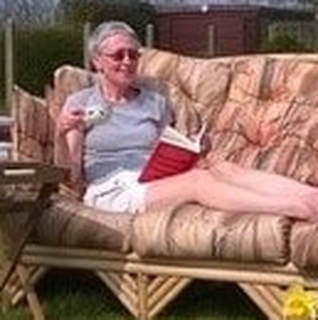
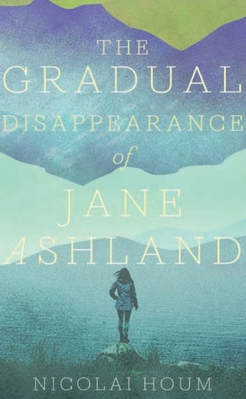
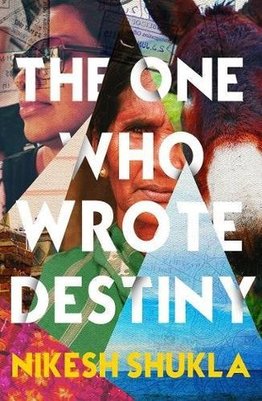
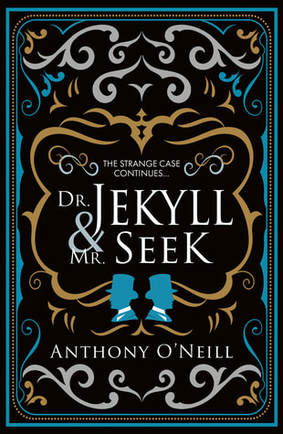
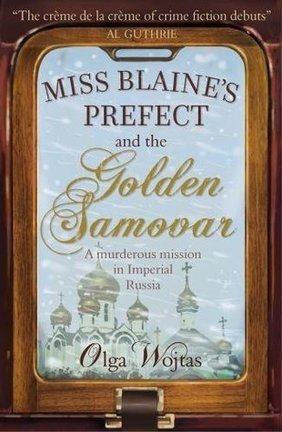
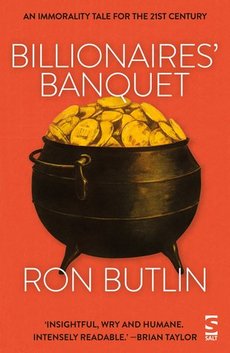
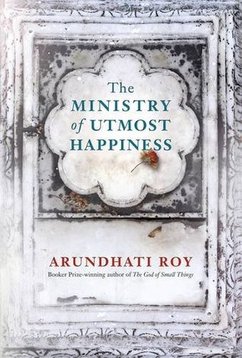





















 RSS Feed
RSS Feed





















